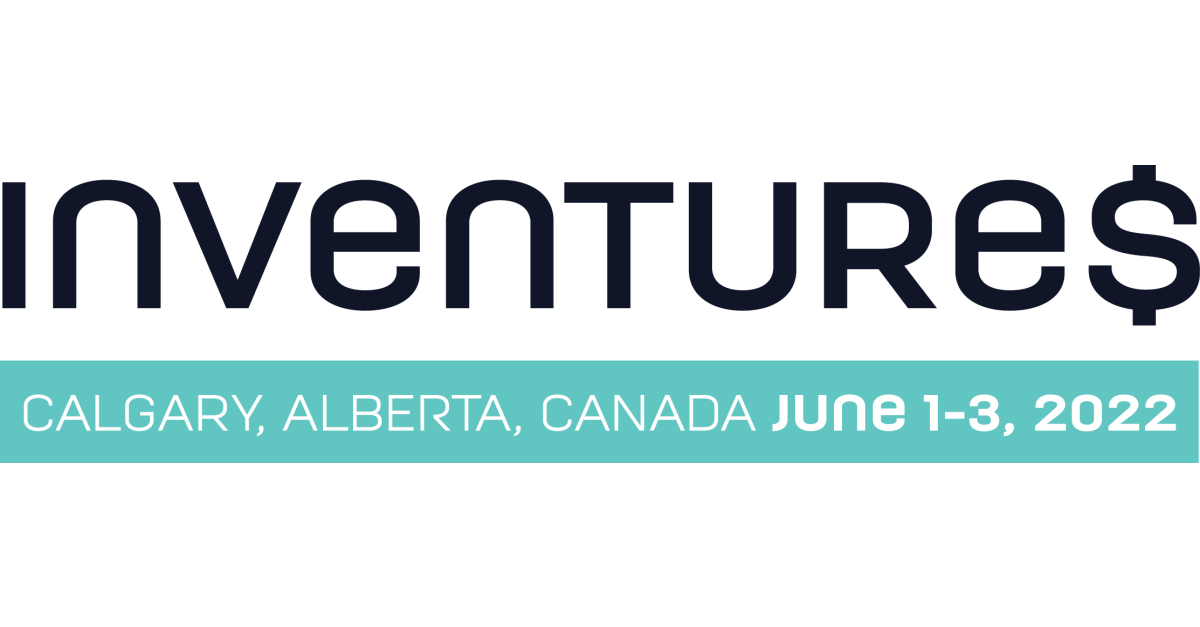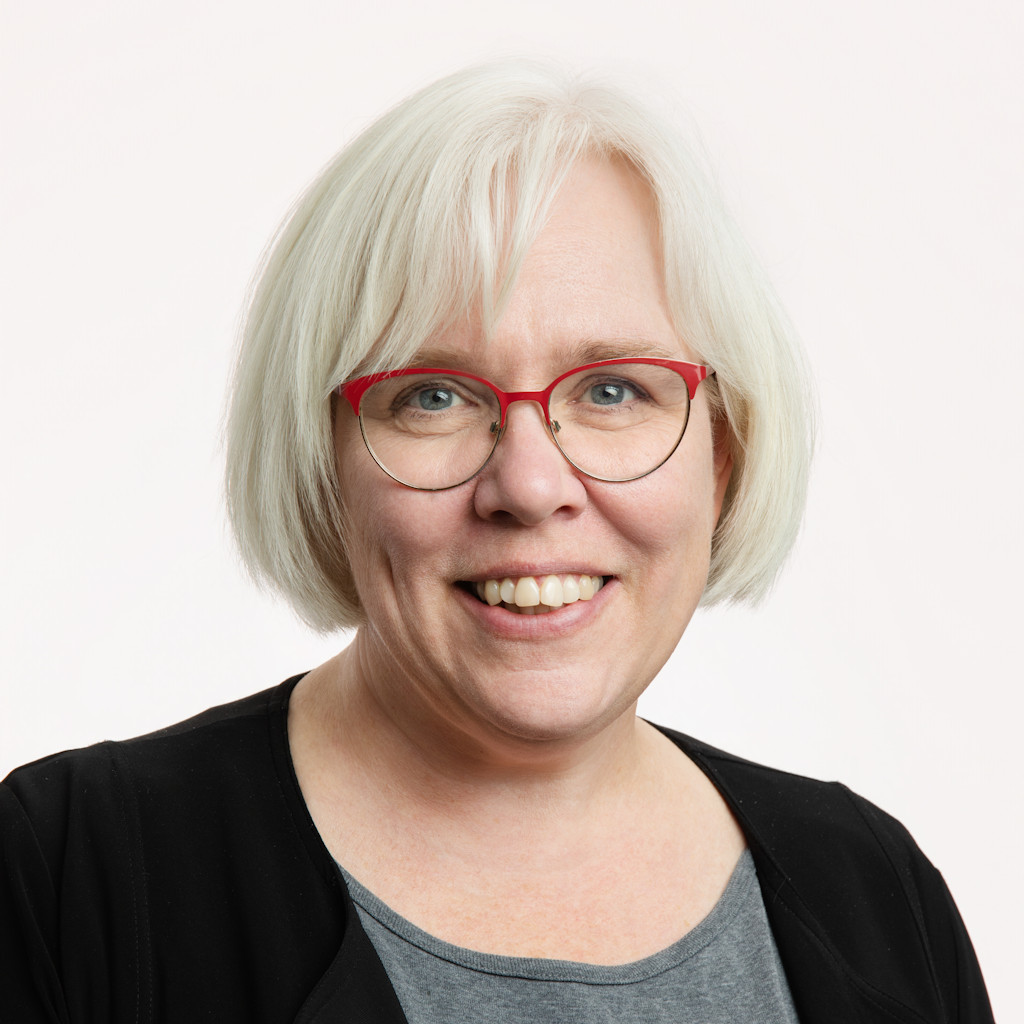
Platform for financial feminists expands to Edmonton
A platform that aims to increase access to women-led capital for women-led businesses is coming to Edmonton. The51, which started in Calgary, offers two separate funds and a membership that includes coaching and mentorship.
"There's not enough women investors; there's not enough women founders receiving capital. There's just not enough women," said Kristina Milke. The organization's name refers to the fact that women make up 51% of the population but women-founded startups only receive 2.3% of venture capital.
Milke, managing partner at Sprout Fund, along with Nicole Janssen of AltaML and Sharleen Oborowsky of Yogapedia, are helping The51 get established in Edmonton as ambassadors for the organization.
Janssen, a member of The51, has faced barriers seeking investment as the co-CEO of AltaML. "I co-founded the business with my husband, and we know that our best chance of getting funding is for him to go out and be the face of the company. That's a strategic decision even though we disagree with it," she told Taproot. Janssen has also been told by investors that they "would never invest in a married couple."
She's hoping that the mentorship offered to entrepreneurs, combined with rallying women investors and teaching them how to assess companies and invest, will provide a boost to Edmonton's up-and-coming women-led businesses.
"You hear over and over from any visible diversity group that they always feel a lot more comfortable when they see people like them," Janssen added. "So if you think about female founders who may already have some fears about pitching to a group of men, imagine how much better they might feel pitching to a group of women."
The launch of The51 in Edmonton is on May 12, with co-CEOs Judy Fairburn and Shelley Kuipers in attendance. They'll be able to answer questions about the platform's funds, such as the sector-agnostic Fund I, which has invested in early-stage companies like Edmonton's True Angle and Areto Labs, and its new Food & AgTech Fund.




![Province creates public sector AI lab with AltaML Cory Janssen at a podium bearing the words "Diversifying our Economy" beside a banner reading "AI Lab for Government, powered by AltaML]](https://mcusercontent.com/cf49a42db023942d337b0dabf/images/414a2ec8-1e81-8f7d-db86-b2e76d3ee67d.jpg)

